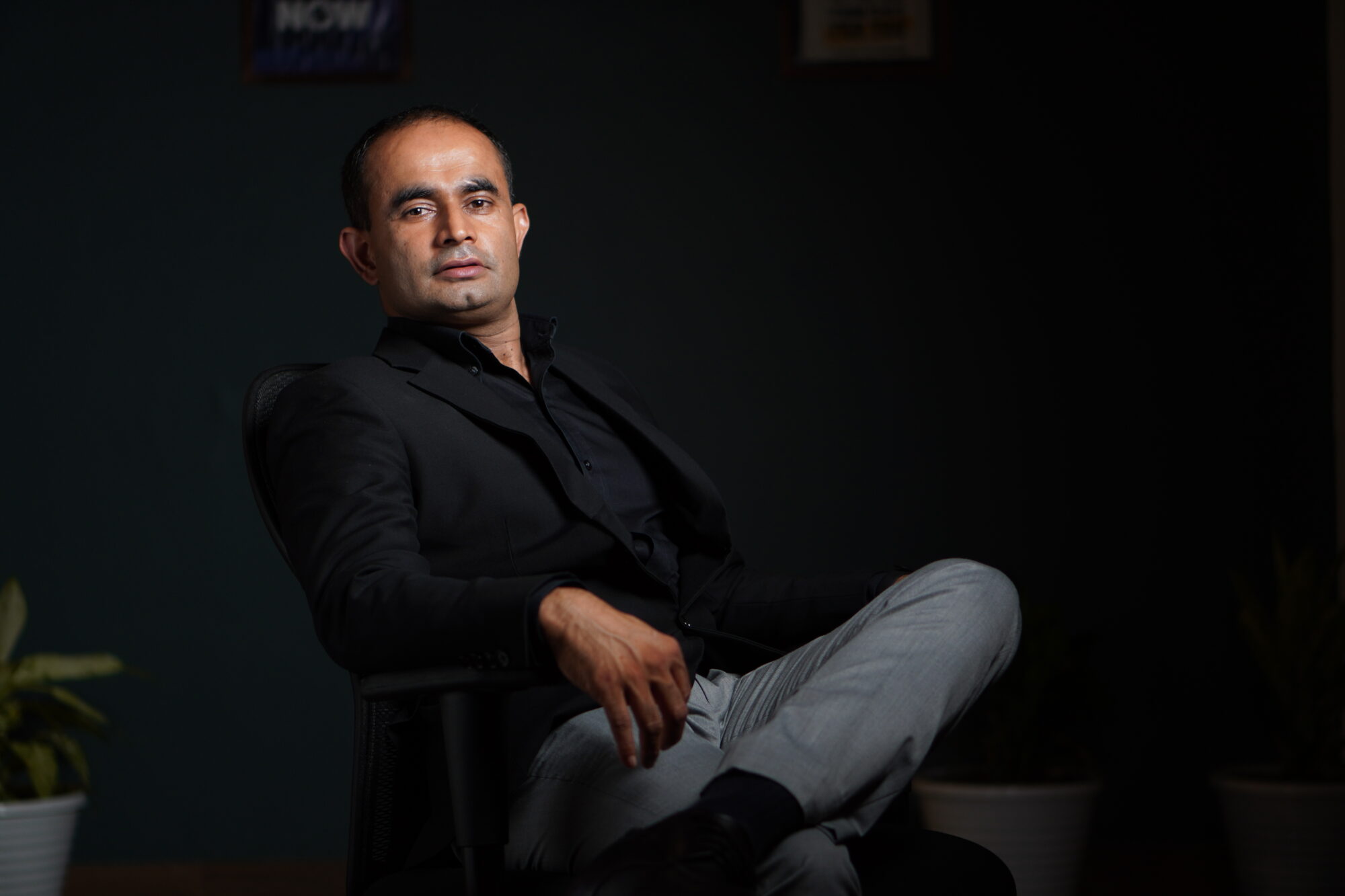The mark of a true entrepreneur is not just the businesses they build, but the legacy they leave behind. For Sabeer Nelli, founder and CEO of Zil Money Corporation, that legacy is already visible in the millions of people and businesses whose financial lives are easier because of his innovations. Yet his story is far from finished. The journey that began in Kerala and flourished in Texas is still unfolding, driven by a vision that reaches beyond products and platforms to something larger—a future where entrepreneurship is accessible, technology is simple, and innovation is built to last.
Nelli’s entrepreneurial career did not start with fintech. It began with fuel. His first major venture, Tyler Petroleum, grew from modest beginnings in East Texas into a thriving business that earned recognition on the Inc. 5000 list of fastest-growing privately held companies in America. It was an impressive achievement, but it also revealed cracks in the systems that supported his operations. Payments were fragmented, financial controls were difficult, and a single disruption could throw everything into chaos. When a payment provider froze his account, it was more than an inconvenience; it was a wake-up call.
That crisis became the spark for his first major innovation. Instead of waiting for better tools to appear, Nelli created his own. What began as a way to manage checks more efficiently at Tyler Petroleum evolved into OnlineCheckWriter.com – powered by Zil Money. By moving check creation, printing, and tracking into the cloud, he solved a problem that thousands of other business owners were also facing. It was a practical solution, born out of necessity, but it revealed something deeper about his approach to entrepreneurship: challenges are not barriers, they are invitations to innovate.
From there, his vision expanded into Zil Money, a platform that would unify the fragmented world of business payments. Instead of forcing entrepreneurs to juggle bank portals, accounting software, and payment processors, Zil Money brought everything into one ecosystem. Businesses could manage checks, ACH transfers, wires, payroll by credit card, and virtual cards from a single dashboard. It wasn’t designed to impress investors; it was designed to empower users. That clarity of purpose became the foundation of his legacy.
What makes Nelli’s story even more remarkable is the way he built his companies. While fintech startups around him were raising millions in venture capital, he chose a different path: bootstrapping. Growth was funded not by investors but by revenue. Every feature was built because customers needed it, not because investors demanded it. Bootstrapping required discipline and patience, but it gave him independence. Without pressure to deliver short-term returns, he could focus on building systems that would endure. The resilience of the Zil Money ecosystem today—trusted by over a million users—is proof that this strategy worked.
The creation of Zil.US pushed the ecosystem even further. Designed to remove barriers, it allowed businesses to onboard in minutes, issue virtual cards instantly, and send payments the same day. Partnered with Texas National Bank, Zil.US brought together speed and security, giving startups and small businesses the kind of agility usually reserved for large corporations. For Nelli, it was another step in his larger vision: to create tools that serve the real economy, not just the elite few.
Yet Nelli’s legacy is not confined to fintech. His vision for Silicon-Jeri in his hometown of Manjeri, Kerala, shows how he is using his success to create opportunities for others. With facilities already employing hundreds and plans for Zil Park and ZilCubator, Silicon-Jeri is designed to transform a small town into a hub of innovation. For decades, young people from Kerala left to pursue opportunities elsewhere. Nelli’s vision is to reverse that trend, building an ecosystem that allows talent to thrive locally while competing globally. It is an ambitious project, but it reflects the same values that guided his fintech ventures: sustainability, simplicity, and empowerment.
Looking at his journey, a clear pattern emerges. Every stage of Nelli’s career has built upon the last, each contributing to the legacy he is shaping today. Tyler Petroleum taught him the discipline of operations. OnlineCheckWriter.com showed him the power of solving his own problems. Zil Money proved that fintech could be bootstrapped and still thrive. Zil.US demonstrated how barriers could be broken to empower the underserved. And Silicon-Jeri embodies his belief that innovation should not be confined by geography. Together, they form a legacy not just of companies, but of ideas—ideas that prove resilience, adaptability, and vision can create impact across borders.
But Nelli is not one to rest on past successes. His vision for the future continues to evolve. For Zil Money, the roadmap includes greater automation, AI-driven financial insights, and deeper integrations with the tools businesses already use. The goal is not to overwhelm users with features but to make financial management so seamless it becomes almost invisible. For Silicon-Jeri, the future includes expanding facilities, creating vocational academies, and building research labs that can put Manjeri on the global innovation map. These ambitions are not about chasing headlines; they are about creating systems that will endure for decades.
What makes his vision compelling is the way it stays grounded in the same philosophy that has guided him from the beginning. He doesn’t believe innovation is about complexity; he believes it is about clarity. He doesn’t see entrepreneurship as a race for capital; he sees it as a discipline of building with purpose. He doesn’t separate business success from community impact; he sees them as two sides of the same coin. This consistency is what makes his story resonate—not just with entrepreneurs, but with anyone who believes that progress should be sustainable and inclusive.
The legacy of Sabeer Nelli is still being written, but its outlines are already clear. It is a legacy of innovation born from necessity, of businesses built without shortcuts, of ecosystems designed to serve people first. And his vision for the future promises more of the same: fintech platforms that continue to simplify the lives of entrepreneurs, and innovation hubs that prove small towns can dream as big as the world’s largest cities.

































